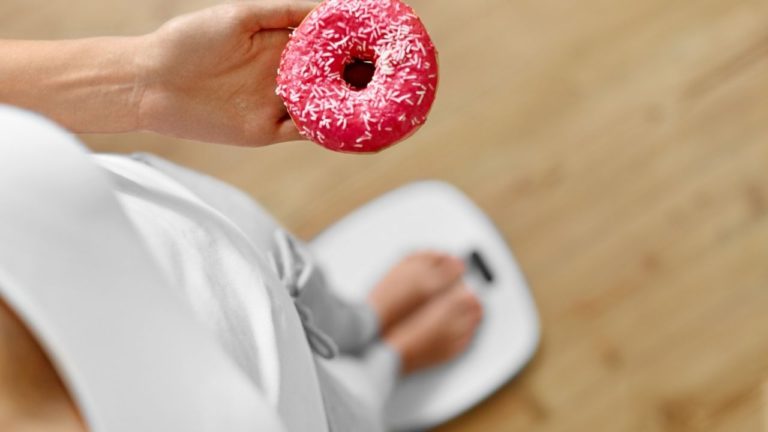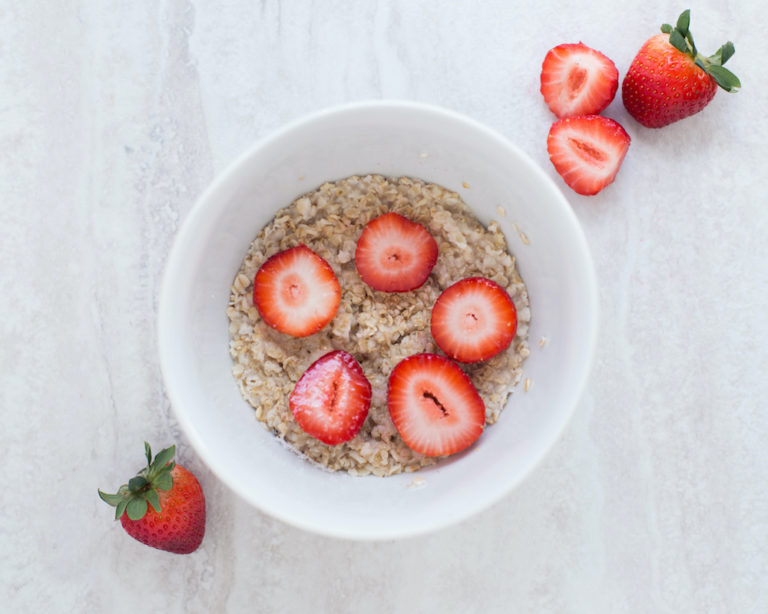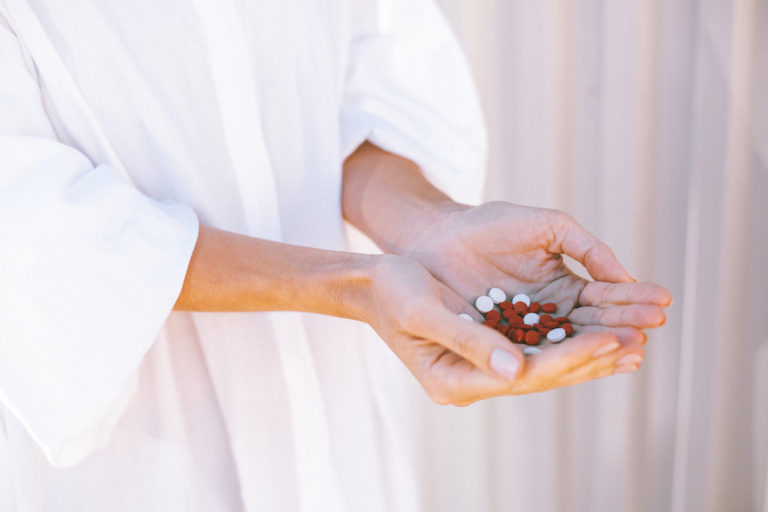Losing weight is one of the most talked about and Googled topics. It’s no surprise that the weight loss market is now a record-setting $72 billion industry. Whether we have a substantial amount of weight to lose or just ten pounds “around the middle,” most of us can relate to the frustrations of a yo-yo diet, hitting a plateau, and being lost in a sea of confusion about all the conflicting weight loss information out there.
Packing on extra weight is no fun. It can affect our self-confidence and overall happiness, and can also have serious negative health effects. So let’s cut through some of the noise out there and get down to the basics about weight loss so that you can shed not only those extra pounds, but the mental and emotional weight too.
The Biggest Weight Loss Trap
The biggest weight loss trap is the “shortcut” weight loss method or diet. You know what I mean: the type of program that promises “a fast and effortless way to lose weight.” If a brilliant scientist were to concoct a formula for rapid and effortless weight reduction, he or she would become an overnight sensation. The medical evidence is quite clear: the maximum rate of sustainable fat loss is between one and two pounds per week, perhaps a little more if you are technically obese.
So for the sake of your sanity as well as your financial health, don’t waste time or money on weight loss methods that make extravagant claims. Most of these methods require extreme restrictions or ways of eating and exercising that set us up for failure for one simple fact: they are not sustainable (and they are often not healthy).





